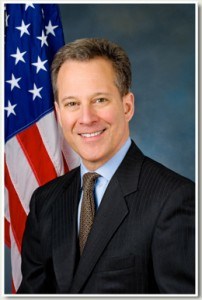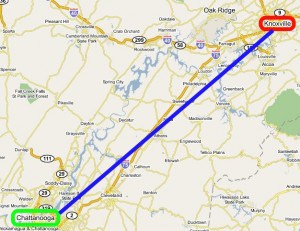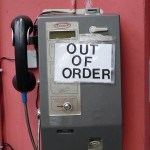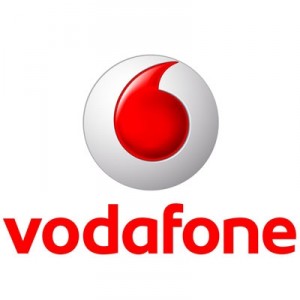 With no progress in sight, stalled contract negotiations between a popular sports cable network and New York’s dominant cable TV company continues to test the patience of customers and sports fans across the state.
With no progress in sight, stalled contract negotiations between a popular sports cable network and New York’s dominant cable TV company continues to test the patience of customers and sports fans across the state.
Scores of Buffalo-area sports bars have canceled their commercial cable service with Time Warner Cable, generating plenty of business for DirecTV, which still has MSG on the lineup. Customers across New York have also started to demand a refund of the estimated $4.50 a month Time Warner Cable no longer pays MSG, but still collects from cable subscribers.
[flv width=”640″ height=”380″]http://www.phillipdampier.com/video/WGRZ Buffalo Time Warner and MSG Network plan meeting this week 1-8-12.flv[/flv]
Time Warner Cable and MSG’s dispute is ticking off Buffalo sports fans. WGRZ visits area sports bars and talks with both sides in the dispute to learn the latest. (4 minutes)
Now New York Attorney General Eric Schneiderman is brokering discussions between the two sides, in an effort to restore coverage of the Sabres, Rangers, and Knicks games all displaced from the Time Warner Cable dial.
“We have had constructive discussions with Time Warner and MSG Networks as part of an ongoing effort to facilitate progress in their talks,” said Schneiderman. “We are hopeful that the two parties will come to an agreement in short order.”
So far, those negotiations seem to be going nowhere, and Time Warner released a statement stating they have not had any further discussions with the network. The cable company has also hardened its position with respect to refunding customers for the lost networks. While early attempts to win credit were successful, Time Warner representatives are now refusing to compensate customers for the loss of MSG. Instead, they are offering a free month of their mini-pay sports programming tier, which must be requested to access. After the first month, the cable company will bill customers $5.95 a month for the channels.
“That’s no help,” says Stop the Cap! reader Jean, a Sabres fan in Amherst, N.Y. “Not only don’t we get our $4.50 back, they want to set us up to pay an extra $6 a month after the 30-day trial of their ‘compensation’ is up.”
Many of her friends who live in suburban Buffalo are dumping Time Warner in favor of Verizon FiOS. Area sports bars are following. At least a dozen have canceled their commercial service contracts with Time Warner Cable, many switching to satellite provider DirecTV. Buffalo’s love affair with hockey is so intense, 5,000 people showed up last week at the First Niagara Center stadium to watch the Buffalo Sabres away game on large screen televisions hung above the rink.
Sports bars depend on lucrative sales during major sports events, so being without the Sabres proved unacceptable, a point driven home by MSG itself which continues to host free viewing parties at local establishments. Buffalo wings were included for free.
Stop the Cap! reader Ruth Grunberg, who lives in Cortland, N.Y., has started a petition to demand the cable company refund subscribers the $4.50 a month effectively paid for channels they no longer receive.
“They recently raised rates 7% for the second time in a year and they no longer are sending this money to MSG,” Grunberg says. “They have no right to keep it and pay their bloated executives even more money. It is fraud and bait and switch to promise one thing and deliver another. They should offer a la carte service to solve a multitude of problems.”
The city of New York apparently agrees and continues efforts to pressure the cable company into compensating subscribers for the network loss.
[flv width=”640″ height=”500″]http://www.phillipdampier.com/video/WIVB Buffalo Bars Cancel Time Warner 1-10-12.flv[/flv]
WIVB in Buffalo reports area sports bars are canceling Time Warner Cable in droves as its programming dispute with MSG drags on with no end in sight. (2 minutes)


 Subscribe
Subscribe








